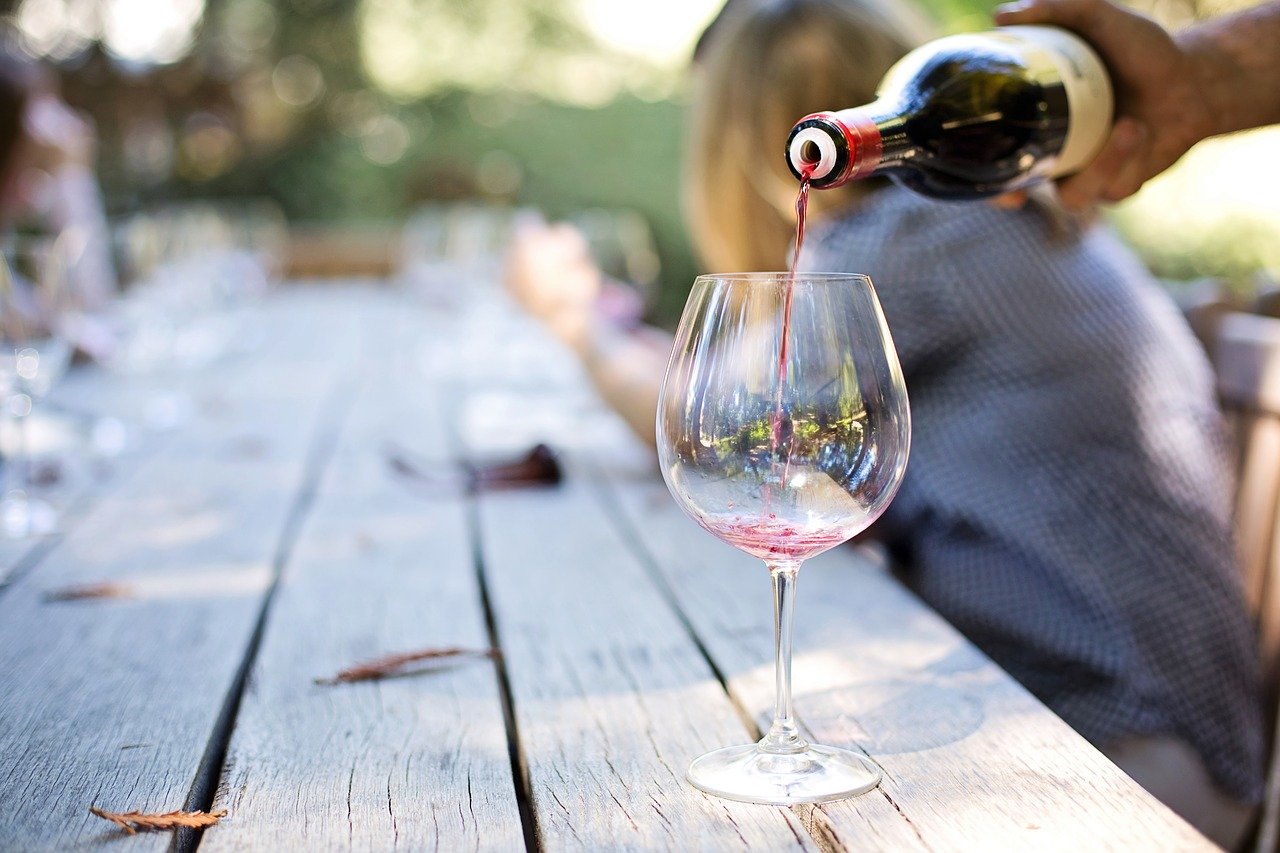The other day I was given a wine blind and asked to guess what it was. I wasn’t getting anything. It was neutral with a short finish and all I could taste was sulphur. This was not a wine I knew already or felt I could care about. Cometh the reveal and it was a wine they had bought from me, a natural wine with almost no sulphite additions. I was flummoxed. How could I taste so ineptly?
On the day, my feeling is that none the wines were showing their true potential. Or was it me to blame, my tasting sensitivity neutered by a jaded palate or lack of enthusiasm for the exercise? I realised that, as often as not, I am unable to switch off from my overall mood and this fact impedes the focused discipline that is tasting in the round.
Tasting Memories
We are the aggregation of previous memories, and we are always making new connections and therefore new memories. But what are we? What defines our humanity? Are we more than entities of cascading signals and firing neurons; the gel between the brain cells, a constantly re-aligning neural net? Are we not also the link in a long chain of humanity, carrying within us the genetic material of generations upon generations? Are we programmed to think and behave in a certain way by our upbringing and our cultural environment?
How we taste, and the nature of the judgements we form when tasting, is dependent on many factors. Our egos play a part in our responses, that sense of self-certainty and value in our own opinions, the desire to get it right and show that we got it right also being fundamental to the way we taste. Thus we may be inclined to put ourselves in front of that which we taste with our prejudices determining to an extent how we feel about what we are tasting. This may be the result of thousands of years of evolution, where an individual would have needed to assert themselves within the group to survive and prosper. Our egos may be a form of armour-plating and desensitize us to what is in front of us.
I was flummoxed. How could I taste so ineptly?
Circumstance is a further consideration when tasting. For me, the weather affects the wine because it affects my mood. Low pressure, grey skies, chill winds have a dampening, if not a distorting, effect, and many a wine consequently tastes discombobulated, for want of a better word. The more we are conscious of our discomfort, the more we are distracted and insecure, and our responsiveness is muted. When the sun is shining in reality, it is also shining metaphorically – we tend to be more settled, relaxed and happily sensitive. Subtle these mood sensitivities may be, but they are probably based on primal instincts. When the weather is bad, we lock our ourselves down, scrunch our personalities, and the enjoyment of wine may be diluted as a result. This doesn’t have to be the case; one can easily imagine being inside in front of a fire with the wind howling outside, sipping an Amarone and feeling very cosy indeed.
At the moment and in the immediate aftermath of tasting, past, present and future align. Whatever is in the glass has the potential to stimulate associations and memories and trigger a linguistic response. What you see, smell, and taste will not only remind you of certain things, it will create new associations. Our memories are partial and imperfect and constantly changing – memories of memories of memories, reimagined in each new memory that is being made. Expressing ourselves by means of verbal responses is giving birth to a new memory. The path may have been trodden before, but the walk is never the same. Nothing can ever be quite the same.
What you see, smell, and taste will not only remind you of certain things, it will create new associations.
The science bit: O’Keefe and Nadel have proposed that the “hippocampus is the core of a neural memory system providing an objective spatial framework within which the items and events of an organism’s experience are located and interrelated.” This theory has generated considerable debate and further experiment. It has been noted that “the hippocampus underpins our ability to navigate, to form and recollect memories, and to imagine future experiences. How activity across millions of hippocampal neurons supports these functions is a fundamental question in neuroscience.”
When we taste a wine initially, we are not obviously speculating on our identities or our role in the natural world but rather responding reflexively to a sensory stimulus or stimuli. So, what is in the glass? Taking it away momentarily from our abilities as tasters to perceive the intrinsic qualities of the wine, the liquid is fermented grape juice. If we were bereft of imagination and memory, then that is the sum of what it might amount to us. The ”product” is one frozen point in time, yet unspool its history and origins, and let our imaginations fire up, then this same fermented grape juice can take us on beautiful journeys through the ever-changing rooms in our mind palaces. And, as we ourselves change because of new experiences, our responses moulded from these emotional journeys will subtly change each time.


